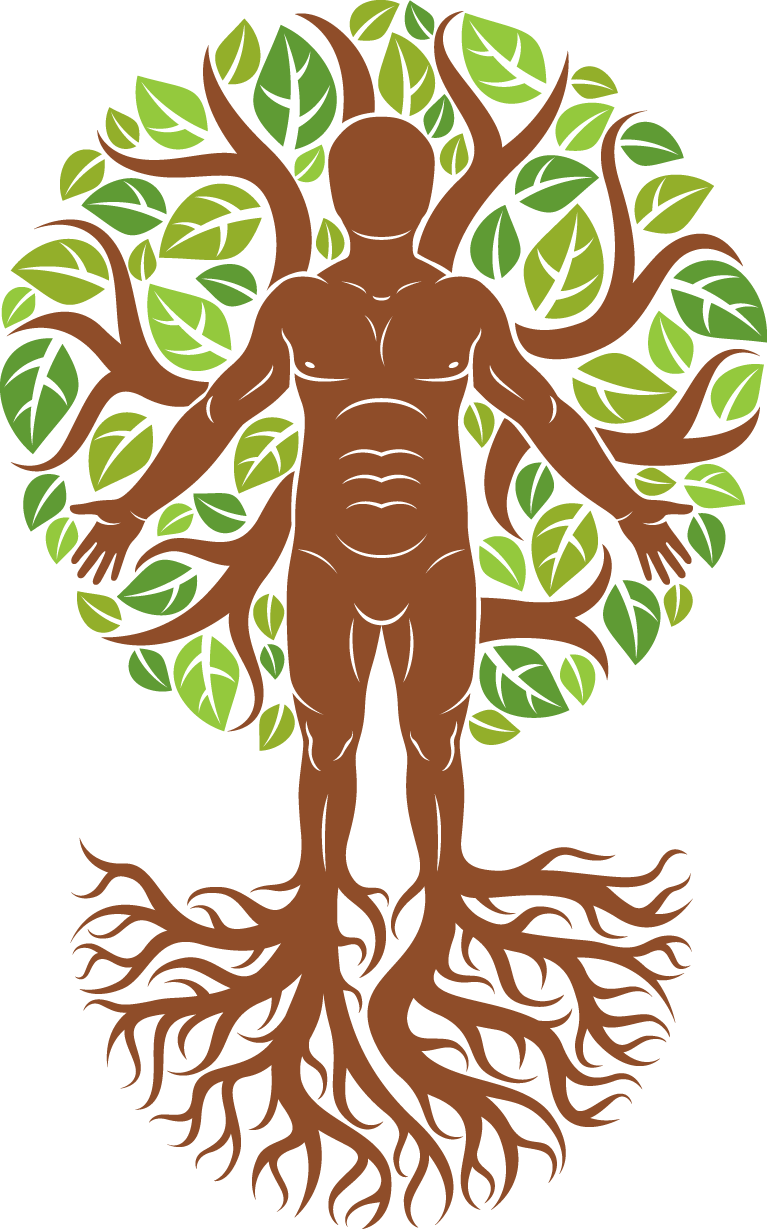
CONNECTING WITH ECOLOGICAL INTELLIGENCE
Coming Back to Presence with the Living Earth
Ecological Intelligence
Thinking and working with plants and ecological intelligence to transform our understanding of human-nonhuman relationship as we remember our essential bond with the Living Earth.
In addition to the above you will find a bit of information about wildcrafting, medicine making, and working with medicinal plants.
Can Healing Your Sexual Abuse Help Save the World?
After many years of intensive work with plants in various contexts to untangle my lifelong reactions to the sexual abuse I experienced as a child, I now have the capacity and welcome opportunities to directly experience feelings such as these.
I now understand that in its wake, resistance to feelings leaves nothing but gaping trenches of hopelessly helpless experiential and perceptual narrowing and that adopting postures such as these, however necessary in the moment, completely precludes any possibility of effective response to harm.
Is it any wonder that the ecological catastrophes occurring now across the globe evoke in me the same reactions and equal feelings of terror?
Review of The Great Work: Our Way into the Future
Thomas Berry’s final book is even more relevant today than when it was published at the turn of the century. Throughout this ecological manifesto Berry calls for radical changes to the way humans relate to the Earth and to all of her inhabitants. In the initial paragraph of the introduction he makes the book’s intention clear: “We need to understand where we are and how we got here. Once we are clear on these issues we can move forward with our historical destiny, to create a mutually enhancing mode of human dwelling on the planet Earth.”
Wildcrafting in a Warming World: Towards Regenerative Practices for Life in the Anthropocene
How are rising temperatures, extended periods of drought, erratic seasonal transitions, and other factors of the Earth's changing climate impacting wild plant communities and the ecosystems in which they/we live? How will we adapt our harvesting practices to reflect this new reality? As we bear witness to the increasingly evident human-caused planetary crises spurred on by techno-industrial civilization, is it enough to simply alter the way we assess and plan for the long-term health and vitality of ecosystems from which we harvest wild plants, or might we simultaneously practice wildcrafting as a way of transforming the fundamental ways we conceive of and interact with wild nature and the community of all life?
Water-like Modes of Animistic Inquiry
Do we truly produce knowledge, or do we participate within communities of sentience and ecologies of selves, human and other-than-human, in openings to knowledge? If this is so, how will this recognition influence the types and qualities of knowledge to which we will have access as we navigate these turbulent times?
Embodied Presence: Listening to the Voices of the Earth
Recently a friend and I were talking about the global situation. He told me that it is really challenging for him to stay present with the pain and intensity of it all. I didn't reply but just sat in that feeling with him until he said, “I guess that's what got us into this mess, isn't it?” I smiled. “Yep, the turning away is what got us here. The thinking that it is possible to turn away, that we are somehow able to remove ourselves from the equation.”
In efforts to distance ourselves from the pain and suffering of the world, we create ever-more elaborate methods of distraction, content to direct our awareness towards anything except that which is most demanding our attention. As the modern industrial machine continues to insatiably devour the world’s forests and devastate the ecological integrity of our planetary life systems, so many of us remain deaf to the cries of our human and nonhuman kin. What can we do to reestablish open, receptive, and mutually enlivening channels of communication?
Relationships of Loving Reciprocity
If we are to have any chance of interacting with the land in generative ways, we as herbalists and people who work with plant medicines need to intimately engage with the ecologies from which we wildcraft medicinal plants. We need to thoroughly inhabit ecosystems if we are to establish intimate and caring relationships with the living Earth, but how do I/we do these things?
Connecting with Ecological Intelligence
Whether we realize it or not who we are and the ways we act in the world are influenced by the many connections and relationships we share with the world around us. This includes all parts of the various ecosystems we inhabit: social, political, economic, epistemological, and even the technological ecosystems within which so many of us spend so much of our time these days interacting with the digital entities that populate them.
Intimate Ecological Engagement (Part 2)
When we operate from a true place of integrity, which fundamentally requires an awareness of our myriad connections within the web of life, we act not only in our own self interest but for the good of the greater whole, and as we recognize the agency and subjective experience of the nonhuman persons with whom we are inextricably bound on all levels of our beings (theirs and ours) a subtle but growing sense of our collective agency arises in the face of the unfathomable. The question is: Will our human attempts to ignore these visceral experiences outlast the increasingly insistent impulse to wake up and reorient?
Intimate Ecological Engagement (Part 1)
How do we make the necessary personal, cultural, and political changes that will guide and inform the transition from a human-centered way of being to an earth-centered orientation that respects the rights of all forms of life to freely exist and to thrive? If, as is becoming increasingly clear, the health and viability of our species, individually and collectively, is inextricably intertwined with that of every member and component of the Earth community, is it possible for humans to maintain our present orientation to the world?
We Welcome You to this Life
We have gathered together here today to welcome a new being to this Earth. To share in this joyous celebration of life we call the ancestors of our family—all of those people who have worked so hard to stay alive and who amidst all the pain and suffering of this world found a way to bring forth, with care and tenderness, the children that were our great, great, and great grandparents and their progenitors.










